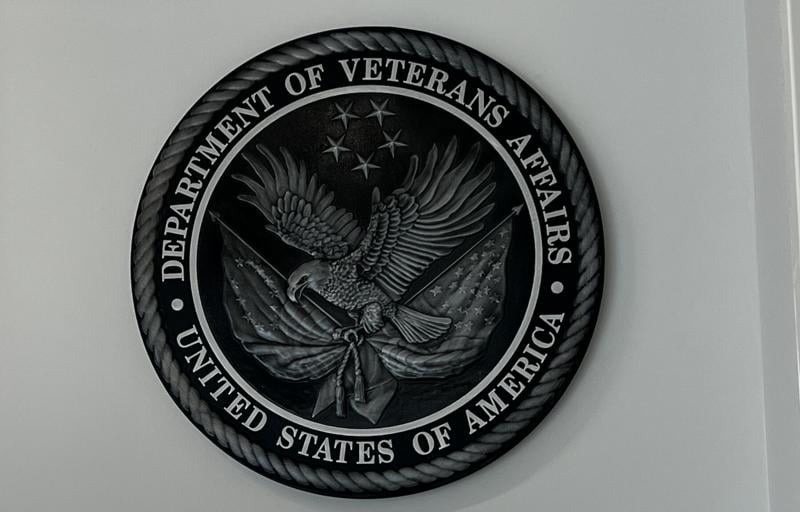A little-known mortgage relief program for U.S. veterans is being phased out, and advocates warn it may trigger a foreclosure crisis impacting thousands of veteran families.
The Veterans Affairs Servicing Purchase (VASP) program launched last year and bought defaulted VA loans from outside mortgage servicers. VASP was meant to help veterans and surviving spouses stay in their homes with a fixed 2.5% interest rate. However, the VA began winding down the program on May 1, without any viable replacement.
VA spokesman Pete Kasperowicz told news outlets, “This change is necessary because VA is not set up or intended to be a mortgage loan restructuring service.”
Currently, 17,000 veterans are using the program to stay in their homes.
The decision has sparked criticism from veteran organizations and advocates who worry about an increase in veteran foreclosures unless Congress does something about it.
“With VASP winding down, the back-owed amount on veterans’ mortgages could be wrapped into a 30- or 40-year mortgage at current rates,” Major Gen. James “Spider” Marks wrote in a recent Military Times op-ed. “Not surprisingly, this is spiking due to tariff uncertainty. That means vets would miss out on the VA program’s discount and instead be saddled with historically high rates.”
Advocates want Republicans and Democrats to work together to give veteran borrowers access to a partial claims option. It would let the VA pay off a portion of veterans’ missed mortgage payments, with repayment deferred until the end of the loan. The federal government established similar programs during the coronavirus pandemic to prevent mass foreclosures.
“Veterans facing financial hardship should have an option that allows them to cure their delinquency and keep their pre-hardship payments if they can afford it, and an option that provides payment relief if that is necessary. The other federally-backed mortgage programs provide these types of options to borrowers who meet eligibility criteria, and Veterans should not have inferior service,” the Center for Responsible Lending and National Consumer Law Center wrote in a joint letter to the U.S. House Committee on Veterans’ Affairs in March.
“Without such options, many VA borrowers will face unnecessary foreclosures, and the claims associated with these foreclosures will unnecessarily raise the budgetary cost of the home loan program for the VA and taxpayers because foreclosures are generally much more costly for the government than a home retention option that keeps the homeowner in the home.”
U.S. Rep. Derrick Van Orden, R-Wisconsin, a retired Navy SEAL, filed the VA Home Loan Program Reform Act in March. The proposal would let the VA purchase a portion (up to 20%) of a defaulted loan to help prevent foreclosures.
A recent analysis from the Urban Institute noted that many veterans fell behind on their mortgages after facing financial hardship during the coronavirus pandemic. Beneficiaries include people who lost their jobs due to government-mandated lockdowns.
“With the potential for military veterans, active-duty service members, and surviving spouses to face financial hardship in the coming months, and with no alternative solution to VASP to fill the gap, some VA borrowers might find their intergenerational wealth at risk if they cannot keep their homes,” the report said.







